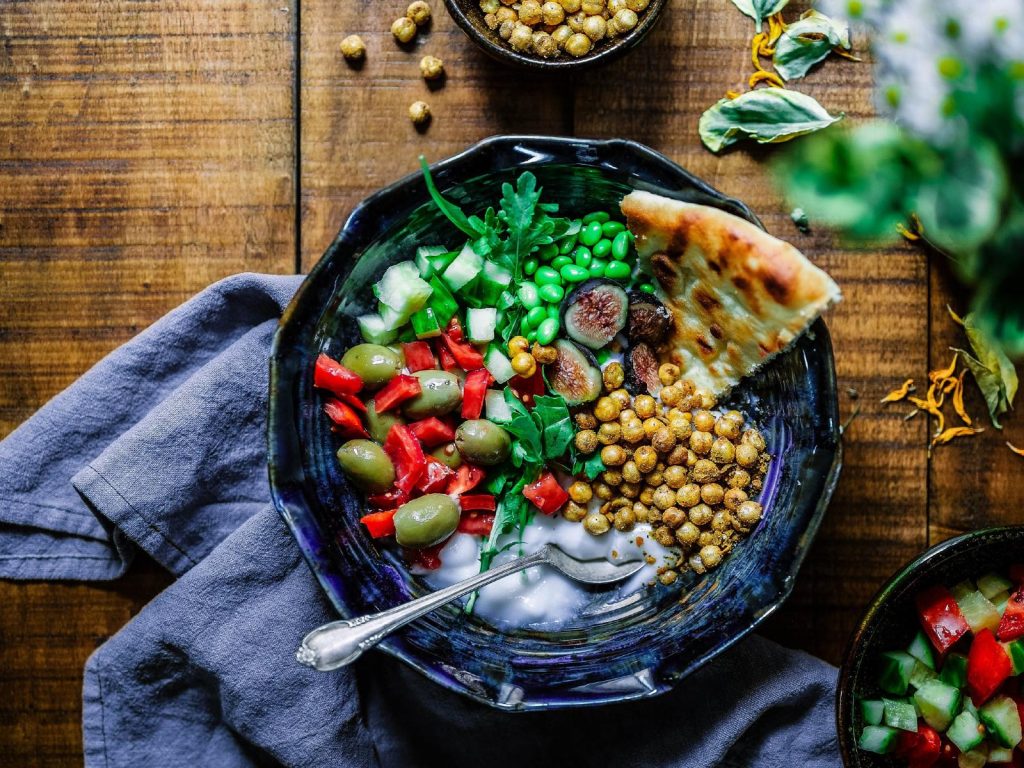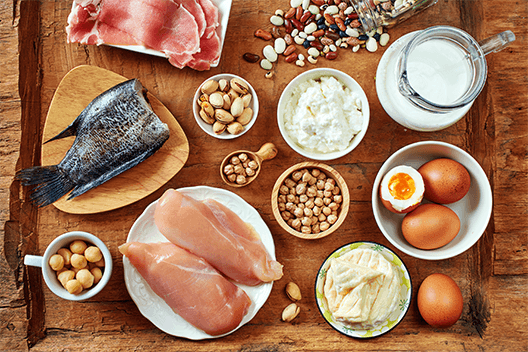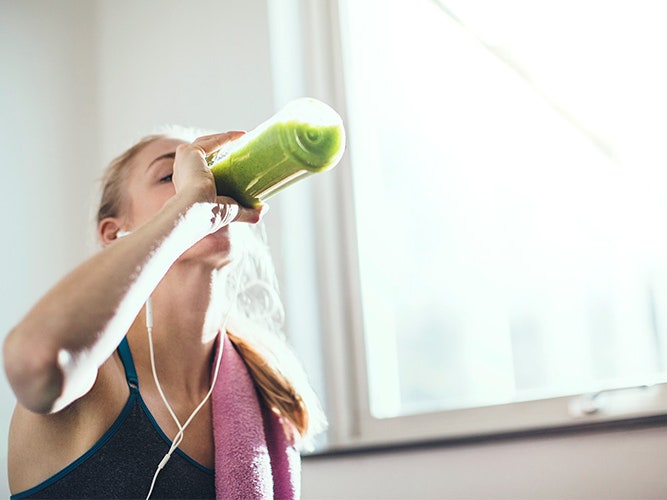These days it seems like fitness fans are spoilt for choice when it comes to getting their daily protein intake. From the more traditional bars and shakes to new and creative ways like cereal and even bagels and pasta.
Gone are the days when protein powder was marketed purely for would-be bodybuilders looking to gain muscle mass. These days protein supplements are embraced by men and women alike looking to increase their daily consumption. These are huge steps forward for the fitness industry and make meals more interesting, but exactly how much protein should you eat after a workout?
Why is protein so important?
Ensuring you hit your recommended daily protein requirement is one of the most crucial aspects required to hit your fitness objectives. Protein is full of amino acids, which are vital in helping the body to operate properly and to its maximum potential. Certain amino acids can be produced by your body – there are 11 of these and they’re known as non-essential amino acids. There are nine amino acids that your body cannot produce, and they are identified as essential amino acids. You have to incorporate enough of these into your diet so that your body can perform. This means getting a nutritional and well-balanced post-workout meal is critical to help our body recover and allow new muscle tissue to be built.
How much protein do I need per day if I work out?
It is recommended you eat 0.8g of protein per kilogram of your body weight. However, for those of us who live a particularly active daily lifestyle, it is recommended you consume closer to 2g of protein per kilo of body weight each day. Research has confirmed that getting between 20 to 40 grams of protein after your workout is the ideal amount to allow your body to fully recover. However, when it comes to the precise amount of protein, this all comes down to what kind of workout you’ve been performing. For example, someone who’s just finished a yoga class or a leisurely stroll will need less protein than someone who’s completed an intense HIIT or CrossFit training class.
Protein is not just for bulking!
As we mentioned earlier, protein intake is no longer purely for men looking to gain an extra inch on their biceps. If your fitness goal is weight loss, you should make sure that there is some sort of protein source in your meal as it will make you feel fuller during the day. This means you are less likely to snack throughout the day the fill that hunger void between meals!
Don’t shy away from carbs
If your main goal is to build muscle, then getting enough protein is significant, but you also need to ensure you get enough carbohydrates into your meals — particularly after working out. Consuming more calories aids in the stimulation of muscle increase. Continue to consume around 0.8g protein per kilogram of body weight, but you must include carbs in your diet if you want to see your muscles grow. However, when we say carbs, were not strictly referring to pasta, rice and potatoes, you need a mixed balance of healthy carbs in your daily diet like fruits, vegetables and whole grains.

The “Golden Hour”
If you’ve been working out for a while then we’re sure you will have heard someone mention “The golden hour”. This legendary 60 minute period takes place directly after your workout and it is said that throughout this time your muscles receive the most nutrients. In addition to this, glycogen is meant to be easily restored as they were so recently consumed by an intense workout.
Protein-Rich Foods

Hitting your protein requirements is easily done by consuming a mixture of different food types. Protein from food originates from plants and animals such as meat and fish, eggs, dairy goods, seeds and nuts, and legumes like beans and lentils.
Don’t Overdo it
Some ‘on-trend’ diets preach about the benefits of an exceptionally high protein diet that includes an intake of between 200 and 400g per day. This is more than five times the quantity advised in the NHS Guidelines.
The protein guidance in the Guidelines gives enough protein to grow and rebuild muscles, even for bodybuilders and professional sportsmen.
A particularly high-protein diet can hurt the kidneys and liver. It can also provoke unnecessary loss of the mineral calcium, which can boost your chance of osteoporosis.


